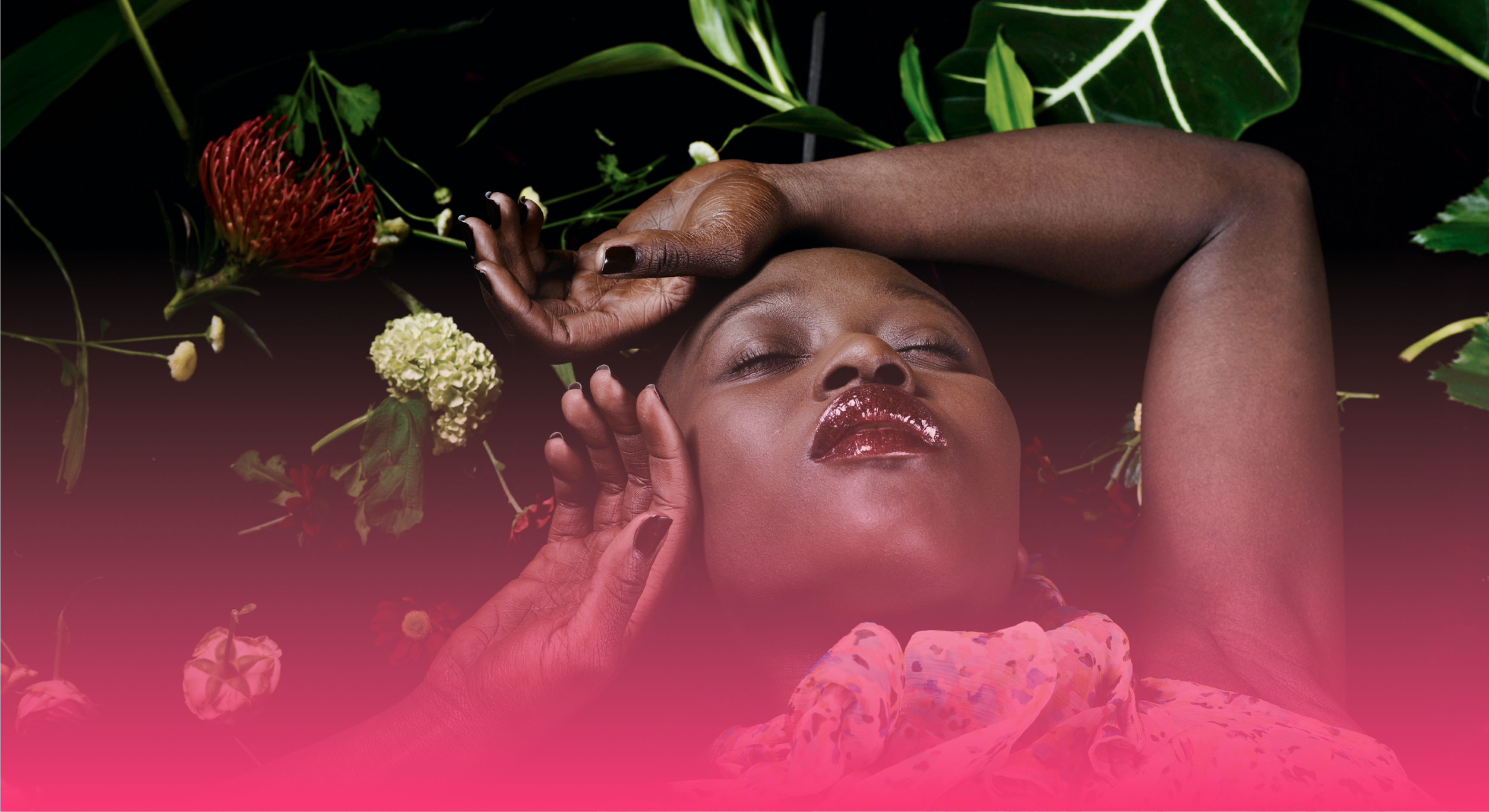Issa Rae 'Seen & Heard' Explores Black Television
Issa Rae’s ‘Seen & Heard’ Documentary Explores The Evolution Of Black Storytelling On Television
When executive producer Issa Rae said she was rooting for everybody Black, she meant that in the realest way. Heralded as a visionary in contemporary Black entertainment, Rae is delving into the rich history and vibrant future of Black talent on television with her new two-part documentary, Seen & Heard. This powerful work delivers a “kaleidoscopic portrait” of Black creatives. It traces their journey from simply being “seen” on screen to profoundly being “heard” and actively shaping today’s “Golden Age of Black television.”
Seen & Heard arrives at a pivotal moment, celebrating a new era of Black TV. This era is not only challenging long-standing industry power dynamics but also re-educating America on the multifaceted Black experience. The documentary offers an intimate look into this transformation through candid interviews with iconic creators who have paved the way. It includes luminaries like Oprah Winfrey, Tyler Perry, Shonda Rhimes and Ava Duvernay. We gain a rare glimpse of behind-the-scenes access and never-before-seen archival footage, providing a comprehensive and compelling narrative.
The importance of Seen & Heard lies in its commitment to representation and storytelling. By highlighting the evolution of Black talent and their increasing agency in crafting narratives, the documentary underscores the critical role of authentic voices. These voices shape cultural understanding. It’s a testament to the power of Black creators to not only entertain but also to educate, inspire, and drive meaningful conversations. These conversations are about identity, history, and the future. Issa Rae, through this ambitious project, continues her legacy of championing Black artistry and ensuring that these vital stories are not only seen but truly heard.
SEEN
The first installment, “SEEN,” delves into the complex legacy of visibility for Black characters. While shows like Amos ‘n’ Andy, Good Times and The Jeffersons featured Black representation, the narratives often reflected the perspectives of white creators. The constant tension was between authentic portrayal and caricature when revisiting these programs. Viewers recognized this duality, even when networks failed to acknowledge it.
HEARD
The second installment, “HEARD,” pivots to the crucial elements of control and creative autonomy that empower Black creatives today. It hones in on the things that transpire behind the camera. These include owning one’s intellectual property (IP) and the effective use of storytelling as a tool for cultural impact. Moreover, there’s the strategic navigation of the entertainment industry to ensure narratives are authentic and impactful. This segment emphasizes how Black creators have moved beyond mere visibility. They are actively shaping the content. Thus demonstrating their agency in telling their own stories on their own terms. It explores the business acumen and artistic vision required to not only get projects greenlit but also to maintain creative integrity. They also seek to build lasting legacies.
In one of the interviews, Good Times star Esther Rolle said, “Until there is more participation behind the scenes we’re not going to be able to control what is before the camera.” Host and comedian Larry Wilmore suggests that times are changing and we are moving in the right direction. “We’re truly in the best time right now to create something specific that is for your point of view, that’s different. Because there’s so many different types of people that are opening different doors.”
OUR STORIES
Watching the documentary emphasized that it’s more important than ever to protect our stories. With history often getting rewritten or erased, we need to make sure these narratives—full of experiences, struggles, and wins from all sorts of communities—stick around. They’re not just old records; they’re living proof that shapes who we are today and where we’re headed. If we lose these stories, we lose valuable lessons, our cultural heritage, and the different viewpoints. These viewpoints give us a full, accurate picture of history, which is Black history.
So, protecting our stories means keeping archives safe and backing up oral traditions. It also involves making sure everyone is fairly represented in media and schools, and creating spaces where all kinds of voices can be heard and celebrated without fear. We need to be vigilant to avoid a scrubbed-clean, incomplete, or twisted history. This really hurts our ability to be empathetic, think critically, and truly appreciate what it means to be human and to be Black.
Thank you Issa Rae for being the cultural custodian we need in these iconic and unprecedented times.








